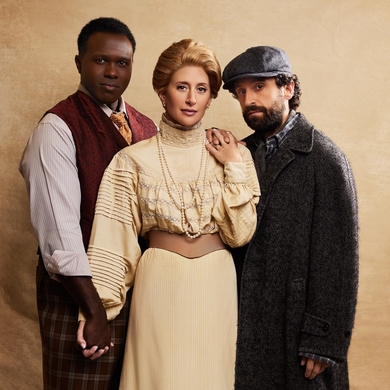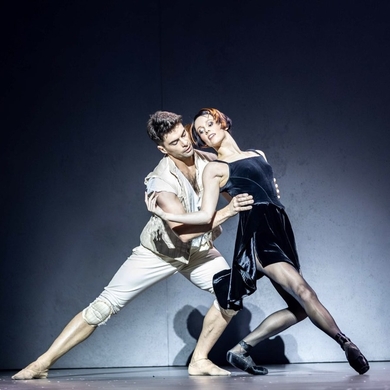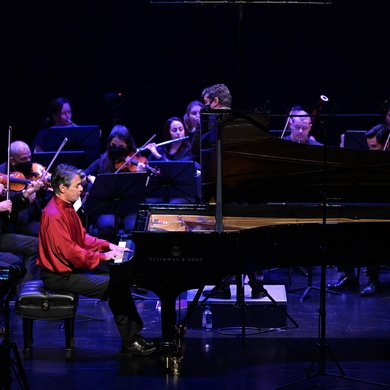Little remembered today, the Neapolitan voice teacher and composer Nicola Antonio Porpora reigned supreme among voice teachers of the 18th century, when a singer might consort with kings and queens. Moving on to London, he gave the mighty Georg Frideric Handel a run for his money in the city’s mad Italian-opera sweepstakes. Porpora’s Orfeo—in truth a patchwork incorporating plenty of recycled hits, not all from Porpora’s own hand—was engineered to cause a sensation. Porpora’s prize castrato Farinelli, who would later hobnob with the melancholy Philip V in Madrid, sang Orpheus. Senesino—the Nadal to Farinelli’s Federer—took the role of Aristeus, the hero’s rival for the hand of Eurydice. That lady, in turn, was portrayed by the tempestuous Francesca Cuzzoni, who didn’t mind standing up to Handel himself, at one point refusing, in rehearsal, to sing an aria he had tailored to her talents. “Oh! Madame,” thundered the composer of Music for the Royal Fireworks, “I know well that you are a real she-devil, but I hereby give you notice, me, that I am Beelzebub, the Chief of Devils.” At that, according to an eyewitness, “he took her up by the waist, and, if she made any more words, swore that he would fling her out of the window.” Her subsequent performances reportedly drove up the price of tickets eightfold. In Vienna, the Porpora Orfeo will be heard in concert form. No marquee names, but the standard of Baroque singing in our time, especially in a music capital like this one, is not to be sneezed at. —M.G.
Arts Intel Report
Orfeo (1736), by Nicola Antonio Porpora
When
January 22, 2022



